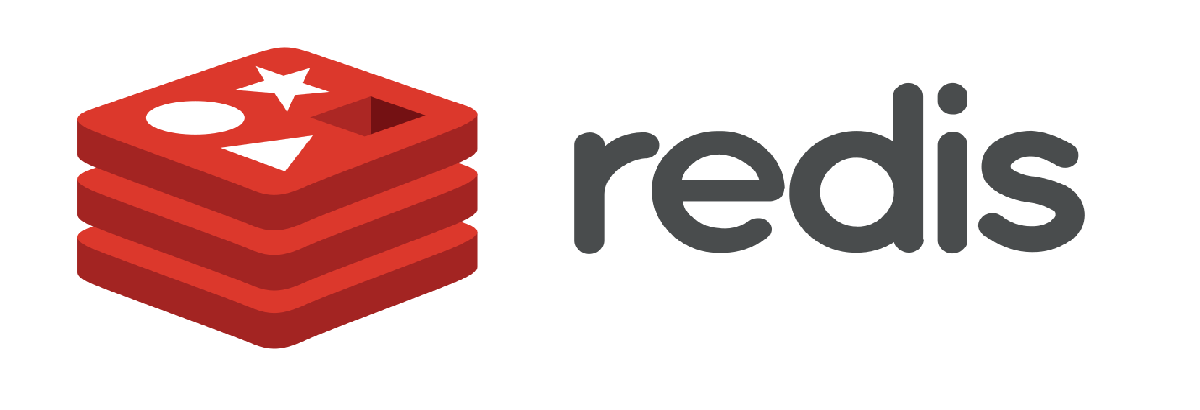
redis logo.
Redis, the popular database andn memory used by millions of developers around the world, has announced a significant change to its licensing policy. Traditionally distributed under the three-clause BSD license, a permissive open source license, Redis has chosen to adopt a dual licensing model.
From version Redis 7.4, the project will distribute its code under two proprietary licenses: RSALv2 (Redis Source Available License v2) and SSPLv1 (Server Side Public License v1), instead of the previously used BSD license. Previously, only add-on modules that offered advanced functionality for enterprise users, such as RediSearch, RedisGraph, RedisJSON, RedisML, RedisBloom, among others, were provided under a proprietary license. Now, the proprietary license will also apply to the core DBMS codebase.
This change in the license pwill allow the integration of proprietary modules with advanced capabilities and data processing engines in the main structure of future versions of Redis DBMS. Older versions will still be available under the old BSD license and can be used as a basis for creating independent forks.
El Maintenance of old Redis 7.x branches released before the license change will continue at least until the release of Redis Community Edition 9.0. Patches that fix vulnerabilities and critical issues will be released for older versions under the BSD license and can be used in forks. After the support period for older versions, patches will be released only under the SSPL and RSAL licenses, meaning fork authors will need to handle their own maintenance.
“We look forward to continuing our collaborative work to support developers with the latest innovations in data storage and management,” said Julia Liuson, president of the Developer Division at Microsoft. "Our collaboration continues to support integrated solutions like Azure Cache for Redis and will give Microsoft customers exclusive access to expanded features within Redis offerings."
Importantly The SSPL and RSAL licenses are not open source and have additional restrictions that prohibit free use of the product to offer cloud services.and. Both licenses have similar objectives, although the SSPL license is based on the AGPLv3 copyleft license, while the RSAL license is based on the permissive BSD license.
The RSAL license allows the use, modification, distribution and integration of the code in applications, except in commercial cases or in managed paid services (free use is allowed for internal services, while the restriction applies to paid services that provide access to Redis ). On the other hand, the SSPL license, following the principles of copyleft, requires that not only the code of the application itself, but also the source code of all the components involved in providing the cloud service be delivered under the same license. .
The reason behind the change in leave policys is to prevent cloud service providers from benefiting from open source software without contributing to development or support the community. Redis is not happy with the current situation where cloud providers generate revenue from commercial derivative products based on Redis and sell cloud services without participating in development or collaborating with the community. This dynamic leaves developers without profits while cloud providers profit from existing open solutions.
Both implemented licenses discriminate against certain types of users, which prevents them from being considered open or free licenses. The Open Source Initiative (OSI) has stated that these licenses do not comply with open source standards and products based on them should be considered proprietary. This means that products under the SSPL and RSAL licenses cannot be part of distributions such as Fedora and Debian.
If you are interested in knowing more about it, you can check the details In the following link.